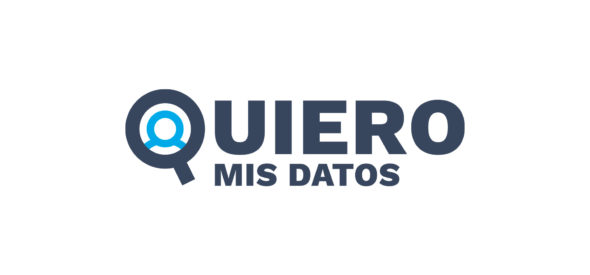ADC recommends rejection of the “right to be forgotten” in Denegri v. Google case
The Association for Civil Rights (ADC) advised the Supreme Court of Justice of the Nation to reject the application of the “right to be forgotten” in the suit filed by Natalia Denegri against Google, where the former model demands that the search engine deindex TV content and photos starring her in the 1990s. “The right to oblivion and Its implication in the digital sphere has a significance that goes beyond the mere interest of the parties, since both relate to the validity of democracy and the rule of law”, according to the organization in the amicus curiae brief submitted on March 8.
The case reached the National Supreme Court of Justice (CSJN) after Google appealed the first and second instance rulings in favor of Denegri. Now, the highest court must not only decide on the case but set a standard as to whether individuals may request search engines to stop exposing past news that they consider harmful.
In our submission, ADC disagrees with the application of the “right to be forgotten” in this situation, given that at the time of the events, Natalia Denegri was a public figure, fully aware of her acts and over 18 years old, who exposed herself to the media. In addition, we point out that her appearances within the context of the Cóppola case are part of archive material with historical value as a testimony of society.
On the other hand, the brief recalls that, far from being harmed, Denegri benefited from her media exposure. It highlights the well-known “Ponzetti de Balbín” ruling, which states that “regarding well-known figures, whose lives have public significance or are popular, their actions may be disclosed as far as they relate to the activity that gives them prestige or notoriety and that the general interest justifies it”.

